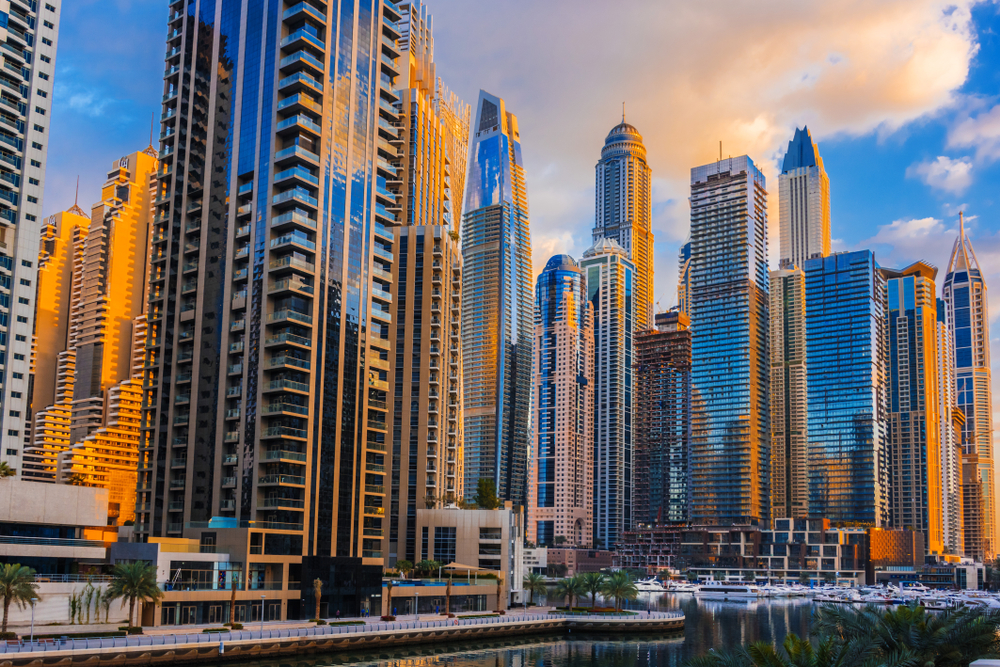Managing units in Dubai’s free zones involves navigating unique challenges and opportunities. These special economic zones offer enticing business benefits, including 100% foreign ownership, tax exemptions, and customs duty benefits, making them highly attractive for multinational companies and startups. However, managing units in these areas requires a thorough understanding of their distinct regulatory frameworks, operational nuances, and strategic best practices. This blog aims to provide an overview of managing units in Dubai’s free zones, highlighting key considerations and offering insights into effective management strategies.
Understanding Dubai’s Free Zones
Dubai’s free zones are designated areas within the Emirate where companies can operate with special tax, customs, and import regime benefits. Each free zone is tailored to specific industry sectors, offering facilities and regulations that cater to the unique needs of those industries. Some of the most prominent free zones include the Jebel Ali Free Zone (JAFZA), Dubai International Financial Centre (DIFC), Dubai Media City, and Dubai Internet City.
Free zones in Dubai are special economic zones where companies enjoy:
- 100% foreign ownership: No need for a local partner or sponsor.
- Tax exemptions: Zero corporate and income taxes for designated periods.
- Customs duty exemptions: Reduced or eliminated import/export duties.
- Streamlined regulations: Simplified administrative processes and business-friendly rules.
Unique Considerations for Managing Units in Dubai Free Zones
While Dubai’s free zones offer significant benefits, prudent unit management demands careful attention to these factors:
1. Free Zone Authority Regulations:
- Specificity: Free zones, while sharing broad similarities, are governed by individual authorities whose regulations can vary distinctly. Don’t assume rules from one zone automatically apply to another.
- Industry Focus: Many free zones cater to specific sectors. Understand how your operations align with the zone’s regulatory emphasis (e.g., technology, commodities, healthcare).
- Updates: Regulations are subject to change. Maintaining awareness is crucial to staying up-to-date with your free zone authority’s communications.
2. Licensing:
- Business Activities: Licenses are meticulously tied to approved business activities. A slight change in your operations may necessitate re-applying for a different license.
- License Packages: Free zones often offer tiered licensing packages with varying benefits or limitations. Thoroughly explore which best suits your needs and budget.
- Renewal: Remember to keep your business license. Be aware of renewal cycles and potential fines, which can disrupt operations.
3. Visa and Residency:
- Quotas: Free zones may limit the number of visas you can obtain for your company. Factor this into your workforce planning.
- Dependent Sponsorship: Understand eligibility rules and processes for sponsoring family members on your company’s visa.
- Mainland Interaction: Be aware of any restrictions on travel or business dealings outside the free zone that may apply depending on your visa type.
4. Physical Space:
- Growth Trajectory: Consider the scalability of your chosen space. Can you quickly expand if your business grows? Are there potential relocation costs within the free zone?
- Amenities: Some free zones provide built-in infrastructure (warehouses, specialized facilities); others offer land for development. Assess what fits your needs.
- Logistics: If import/export is core to your business, proximity to ports, airports, and major free zone arteries becomes essential for efficient operations.
5. Compliance:
- Reporting: Free zones typically have specific financial reporting and audit requirements. Familiarity with these deadlines and protocols is essential.
- Anti-Money Laundering (AML): UAE has strict AML laws, and free zones are no exception. Know-Your-Customer (KYC) measures, transaction monitoring, and reporting suspicious activity are often mandated.
- Penalties: Non-compliance can carry hefty fines or even revocation of operating privileges. Proactive compliance is paramount.
Best Practices for Success
To get the most out of your Dubai free zone operations, consider these strategies:
- Strategic Zone Selection: Choose a free zone that aligns with your industry niche, business size, and target markets. Popular choices include JAFZA (logistics), DMCC (commodities, diverse sectors), and DIFC (finance).
- Leverage Support Services: Free zones offer business support services such as networking events, incubation, and government liaison services. Utilize these to your advantage.
- Tap into the Ecosystem: Build relationships with other companies in your free zone to foster partnerships, collaborations, and knowledge sharing.
- Stay Updated: Regulatory shifts can occur. Subscribe to free zone newsletters and follow government authorities for the latest updates.
Key Takeaways
- Dubai’s free zones are magnets for international investment due to their beneficial business environment.
- Effective management of units in a free zone requires careful attention to the authority’s regulations, licensing requirements, physical space selection, and compliance protocols.
- Adopting a proactive approach and leveraging the free zone’s resources will position your company for growth and success.
Conclusion
Managing units in Dubai’s free zones offers significant business advantages. Still, it requires a strategic approach informed by an in-depth understanding of the unique regulatory, operational, and market dynamics. By focusing on compliance, leveraging technology, engaging with authorities, and fostering a culture of learning and collaboration, companies can navigate the complexities and capitalize on the opportunities presented by Dubai’s free zones.
For those looking to delve deeper into the specifics of managing units in Dubai’s free zones, consulting with legal and business consultants who specialize in UAE free zone operations is highly recommended. Additionally, keeping abreast of the latest laws, news, and studies related to free zone operations can provide businesses with the insights needed to make informed decisions and thrive in this dynamic environment.
